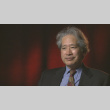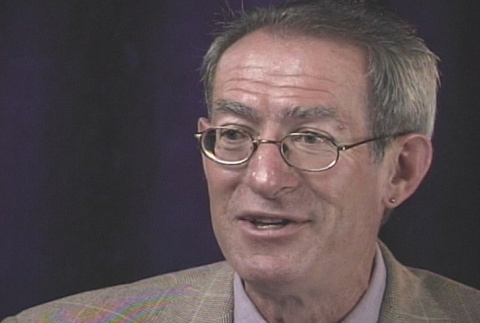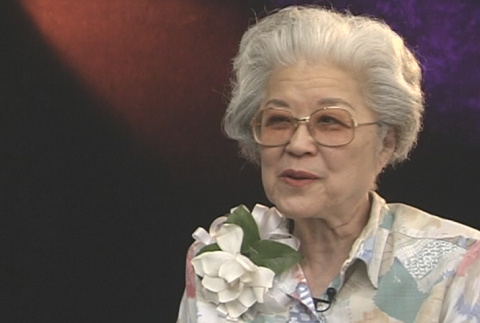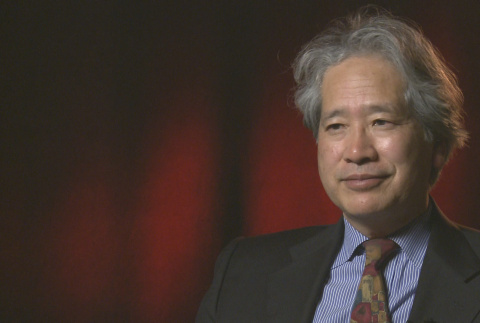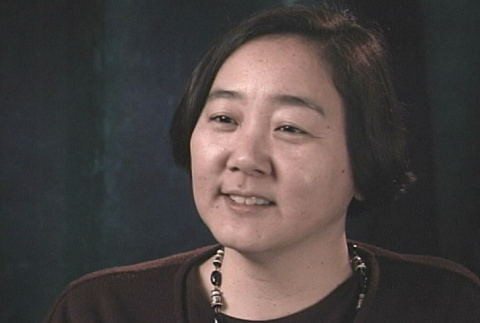Legal cases/coram nobis cases
Coram nobis cases refer to the 1980s attempt to reverse the World War II-era convictions of Gordon Hirabayashi, Fred Korematsu and Minoru Yasui, who challenged the constitutionality of the curfew and exclusion orders. The Supreme Court had upheld their convictions on the basis of military necessity. In the early 1980s, researcher Aiko Yoshinaga Herzig and legal historian Peter Irons discovered declassified documents verifying that the government had withheld information showing that there was no military necessity in the forced removal and incarceration of Japanese Americans. Soon after, legal teams were assembled and identical coram nobis petitions were filed in three separate federal district courts on behalf of Hirabayashi, Korematsu, and Yasui. All three wartime convictions were subsequently vacated.
Redress and reparations
(954)
Legal cases/coram nobis cases
(204)
Related articles from the
Densho Encyclopedia :
Frank Chuman,
Coram nobis cases,
Charles Fahy,
Final Report, Japanese Evacuation from the West Coast, 1942 (book),
Marilyn Hall Patel
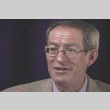






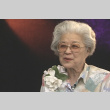
This interview was conducted at the Voices of Japanese American Redress Conference, held on the UCLA campus and sponsored by the UCLA Asian American Studies Center and the UCLA School of Public Policy and Social Research. Because of the full conference schedule, our interviews …

This interview was conducted at the Voices of Japanese American Redress Conference, held on the UCLA campus and sponsored by the UCLA Asian American Studies Center and the UCLA School of Public Policy and Social Research. Because of the full conference schedule, our interviews were limited …

This interview was conducted at the Voices of Japanese American Redress Conference, held on the UCLA campus and sponsored by the UCLA Asian American Studies Center and the UCLA School of Public Policy and Social Research. Because of the full conference schedule, our interviews were limited to one …
